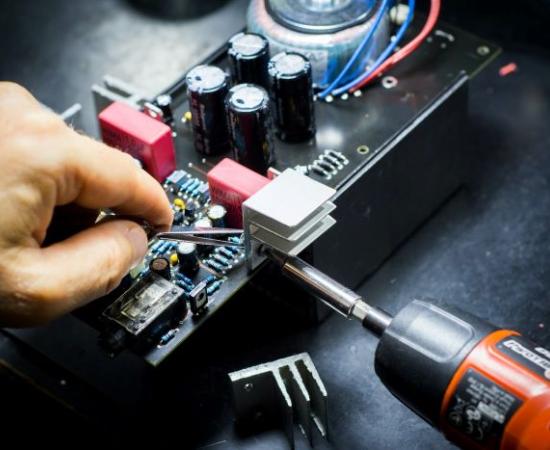
iRel4.0 | Intelligent Reliability 4.0
The reliability of electronic components and systems (ECS) is a major industrial challenge: unexpected failures can cause financial loss or loss of reputation, and can even lead to life-threatening situations. New types of sensors and new communication options make it possible to use digital solutions to enhance ECS reliability. The goal of the iRel4.0 project is to improve the reliability of electronic components and systems along the entire value chain.
Context
The reliability of electronic components and systems (ECS) is a major industrial challenge: unexpected failures can cause financial loss or loss of reputation, and can even lead to life-threatening situations. New types of sensors and new communication options mean it is now possible to use digital solutions to enhance ECS reliability.
Objective
The goal of the iRel4.0 project is to improve the reliability of electronic components and systems along the entire value chain, be it in terms of the chip, the packaging, the board or even the entire system. The project takes a vertical, supply chain-oriented approach to performing research across the entire value chain. Electronic components and systems should become reliable more quickly, which means that the development processes can be transferred faster to production and also lead to improved quality through a fundamental understanding of physical failure mechanisms and the use of artificial intelligence methods. Reliability must also be guaranteed when using systems in new, safety-critical and/or harsh environments, where new materials have to be used.
Approach
In this project, research into AI and data science techniques and methodologies plays an important role, making it possible to extract knowledge for prognostics and health monitoring purposes from data collected from electronic components such as boards, packages and chips.
These data are used to understand, characterise and forecast the behaviour of individual components and their interactions.
The results will be validated in different application domains, for example in the automotive, energy and digital industries.
Target group
In Belgium, the use case will focus on the automotive industry, more specifically on researching a hybrid methodology for monitoring the health of fuel tanks in hybrid vehicles.



